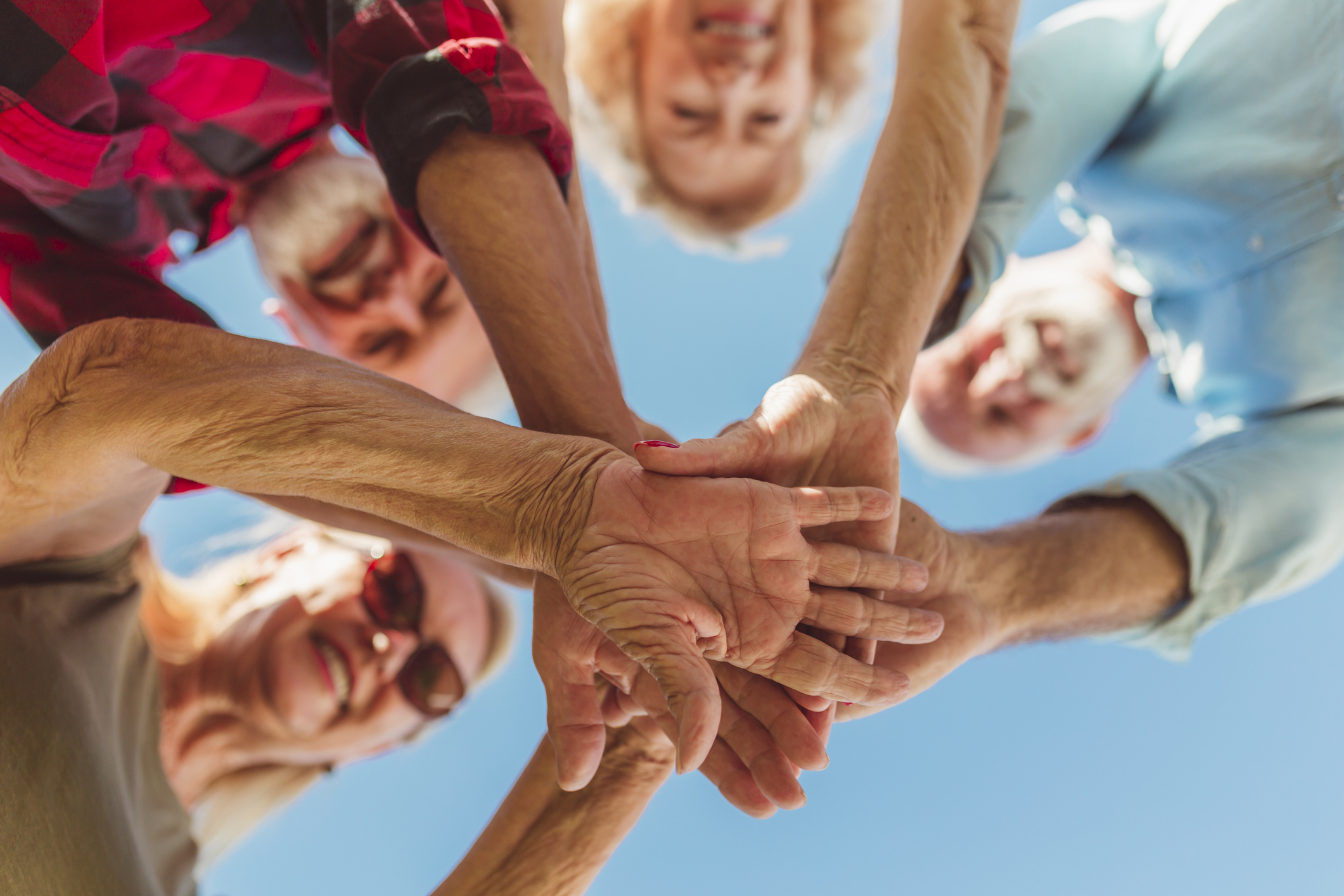June 15 marks World Elder Abuse Awareness Day, and as the COVID-19 pandemic clearly demonstrated, older adults who are socially isolated face an increased risk for neglect, discrimination, access to care, and are vulnerable to abuse. According to the United Nations, between 2019 and 2030, the number of people over the age of 60 is expected to grow by 38 percent, with seniors outnumbering youth, especially in the developing world. These changing demographics will compound the need for greater protection of vulnerable, isolated older adults.
Older adults who are lonely or have estranged social relationships may be more vulnerable to fraud, according to a recent U.S. News report. A new study found that older adults’ quality of interpersonal relationships has an impact on their future financial vulnerability. Researchers at the University of Southern California Keck School of Medicine found that social connections may help protect seniors from financial abuse as well as provide many other benefits to overall wellbeing.
Seniors who reported dissatisfaction with their relationships, loneliness, or rejection also demonstrated more vulnerability to being financially exploited. Without a peer group or family to talk to about financial decisions, isolated older adults were more likely to fall for scams or be the victim of financial abuse.
Researchers suggest that in order to protect seniors from financial abuse, adult children and grandchildren should be watchful for changes in social relationships in their older loved one’s life. The death of a close friend or a disagreement with a family member can further isolate seniors, leaving them more open to fraud and scams.
By staying socially engaged, older adults can improve health and wellbeing, and boost self-confidence and a sense of purpose and belonging. Scammers will look for opportunities to further isolate vulnerable older adults and prey upon a loss or friction within the seniors’ social group. A strong social support group helps protect seniors from depression and poor health and from financial exploitation.
Learn more about how to protect yourself or an older loved one from scams and abuse by following this link to the Federal Trade Commission website.






Add Your Voice
0 Comments
Join the Discussion